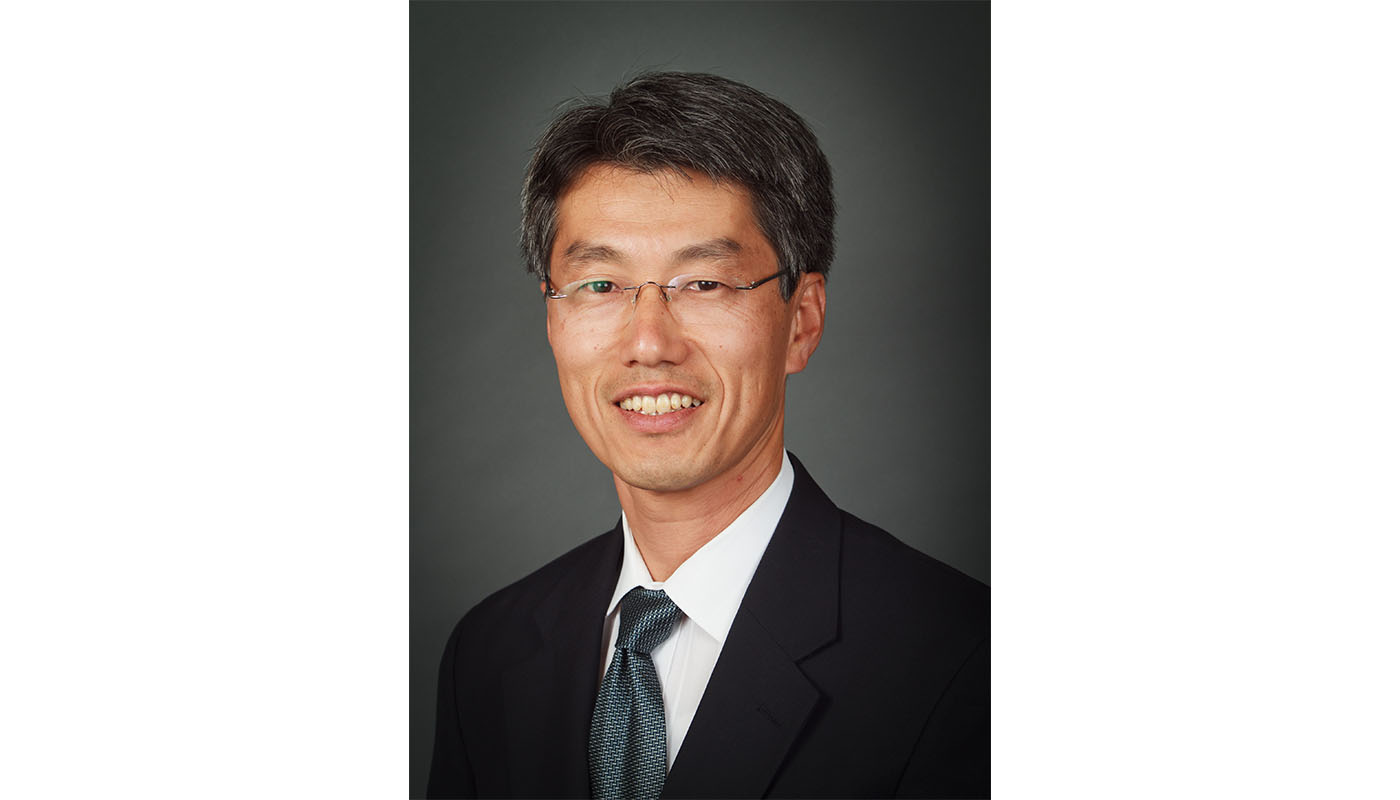All You Need is Sleep
We know proper sleep is essential to our health. Sleep is necessary for long memory formation, optimal immune function and various regenerative functions, including improved emotional well being. Even with all of these benefits, there are many aspects of sleep that are still misunderstood.
Healthy Sleep
Healthy sleep is a condition that occurs naturally after sunset and is necessary for overall mental health. Based on various chemical changes that occur in our brain as the sun sets, we tend to feel drowsy in the evenings. However, sleep is still a very active state for our brain, as its metabolic activity is maintained whether we are asleep or awake. Learn more.
Common Sleep Disorders
Poor sleep has been associated many conditions including chronic fatigue, colds and bronchitis to cancers and heart disease. It is also recognized that losing sleep is strongly associated with anxiety and depression. Some commonly diagnosed sleep problems are listed below.
One of the most common sleep disorders is Obstructive Sleep Apnea (Sleep Apnea). This condition relaxes the muscles in the upper airway during sleep to the point of partial or complete collapse. Most Sleep Apnea symptoms are associated with increasingly noisy snoring or the gasping of air while sleeping. Usually patients themselves have no idea they are snoring or having apneic episodes, and findings are often reported by concerned partners or family members. Often times, sleep apnea patients experience poor daytime performance due to this condition. Learn more.
Parasomnia is defined as the presence of abnormal movements or behavior during sleep. This condition includes sleep talking, sleep walking, night terrors, and REM sleep behavior disorder (see below). While sleep walking and talking are found mostly in young children and usually improve as they mature, REM sleep behavioral disorder can continue long into adulthood and can be cause for concern. Learn more.
REM sleep is a state of sleep where we have vivid dreams and brain becomes highly activated, but the body loses all its muscle tone. In fact, we even lose our spinal reflexes in this state. We believe there is a profound loss of muscle tone so that the body does not act out whatever activity maybe taking place in the brain. So, during REM sleep there is a temporary disconnect between activity of the brain and rest of the body. However, in REM sleep behavioral disorder some of the activity of the brain is transmitted down the spinal cord and body will act out some of the dream contents. For example, person could be having a stressful dream of running away from an attacker and he could be found where his arms and leg are acting out running motion while asleep. This condition tends to be more common in advanced age and is often precursor to Parkinson’s disease. Learn more.
Restless leg syndrome is a condition where patients find themselves with uncomfortable sensation in the legs, arms or torso. This usually occurs after sunset as body’s internal clock gets closer to sleep mode. Sensation is not painful but very uncomfortable and improved with movement or walking. Learn more.
Shift work syndrome occurs when the normal sleep and wake cycle is disrupted by working at night or by a rotating or irregular work shift. With this condition, the natural sleep pattern is rearranged at the detriment of the body and brain, which can lead to constant fatigue and can be disruptive to overall health. Learn more.
Narcolepsy is a rather uncommon condition where brain has trouble controlling the wake and sleep cycle. Overwhelming sleepiness can occur at any time of the day and lead a person to fall asleep during inappropriate situations. These sleep attacks are sometimes associated with sudden loss of muscle tone. Learn more.
